Posted on 12/4/2023
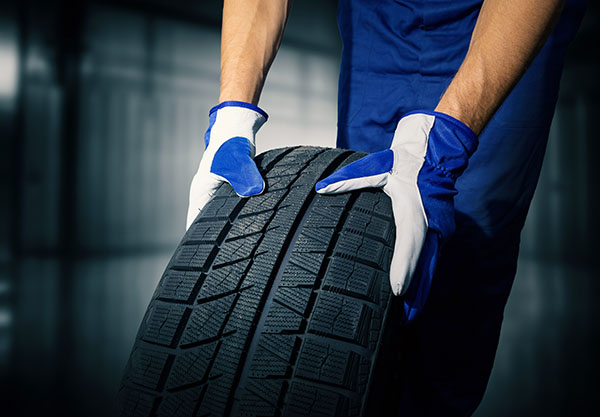
You're cruising down the road, and you notice that your car isn't handling as smoothly as it used to. One glance at your tires reveals a strange wear pattern. Don't ignore it – your tires might be trying to tell you something important about your vehicle's health. The Story Behind Tire Wear Tire wear is a natural part of driving, but unusual wear patterns can signal issues with your car. Here are some common unusual tire wear patterns and what they might mean: 1. Feathering Feathering is when the tread wears down unevenly on one side of the tire. This can be caused by misaligned wheels. When your wheels aren't correctly aligned, tires don't roll in a straight line, leading to this distinct wear pattern. 2. Cupping Cupping appears as small, irregular divots around the tire. It's usually related to worn shock absorbers or struts. These parts are responsible for maintaining tire contact with the roa ... read more
Posted on 11/29/2023
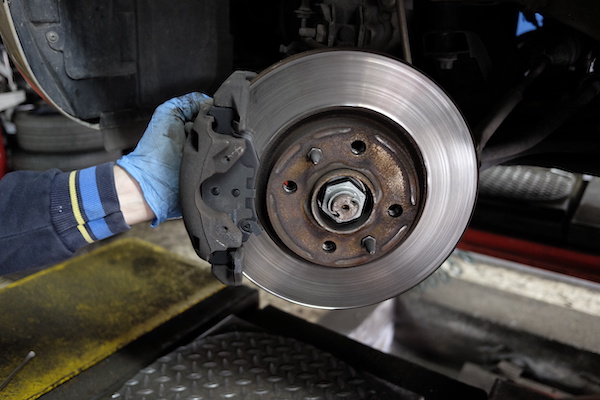
The ability to stop effectively is just as important, if not more so, than a vehicle's performance in motion. The brake system, your car's most critical safety feature, requires regular attention to ensure it remains in top working condition. As a driver, being aware of the telltale signs that indicate a need for a brake system check-up can be lifesaving. 1. Squealing or Grinding Noises One of the most overt signs that your brakes require immediate inspection is when they begin to emit a high-pitched squeal or harsh grinding sound. These noises often indicate worn brake pads or shoes. Manufacturers deliberately incorporate wear indicators into these components to alert you when replacement is necessary. If left unchecked, worn-out pads can lead to further damage and a potential loss of braking power. 2. Pedal Feels Soft or Spongy When pressing down on the brake pedal, if it feels unusually soft or sinks closer to the floor than usual before engaging the brakes, this c ... read more
Posted on 10/31/2023
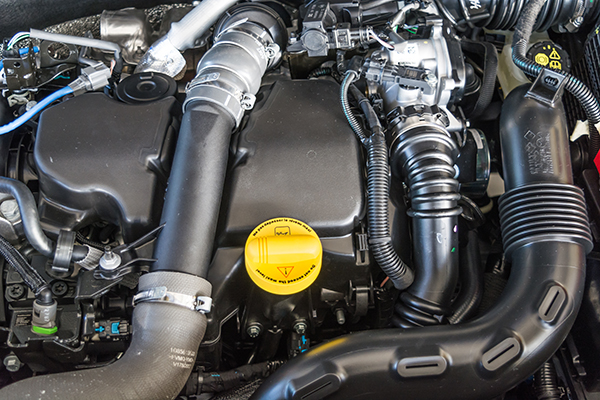
Amidst the allure of diesel's robust performance, it's crucial to understand the unique needs of your four-wheeled companion. From specialized maintenance to tailored services, delving into the specifics of diesel car care ensures a long-lasting and reliable driving experience. Today, we have picked a few essential services your diesel car craves that we will share in a bit, with a special focus on the Diesel Particulate Filter (DPF)! Regular Fuel Filter Replacements In the realm of diesel car care, fuel is the elixir that keeps the engine roaring. Given the nature of diesel's higher viscosity and susceptibility to contaminants, frequent fuel filter replacements are paramount. Ensuring clean fuel circulation not only optimizes engine performance but also safeguards against potential damage caused by impurities and debris. Thorough DPF Maintenance Enter the Diesel Particulate Filt ... read more
Posted on 9/30/2023
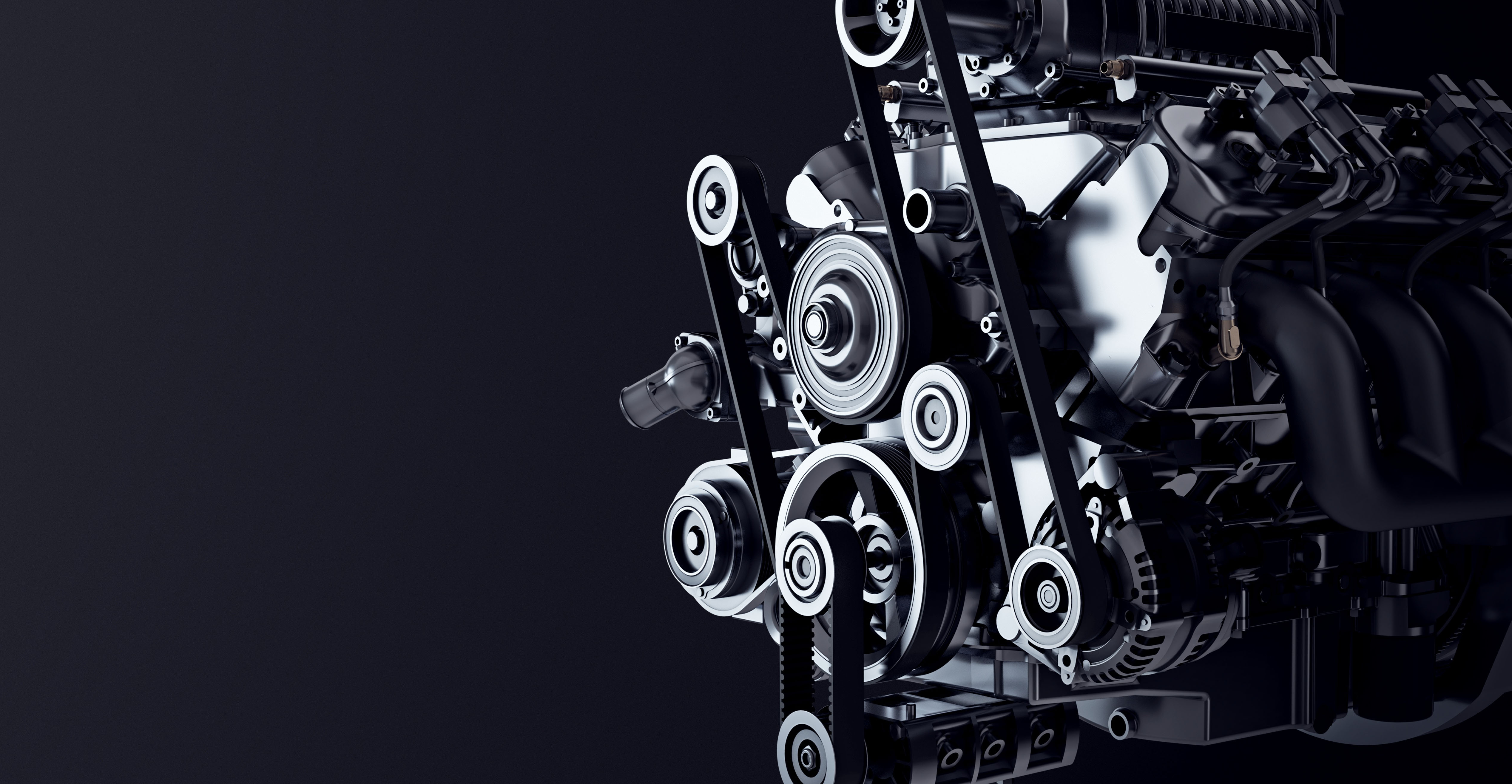
Underneath your vehicle's hood lies an intricately designed masterpiece, a symphony of moving parts working in harmony to power your journeys. But, like any symphony, the engine's performance relies on the impeccable timing of its components. Understanding which parts require replacement and precisely when to do so is akin to conducting this orchestration with precision. Timing Belt and Chain The timing belt (or chain) plays a pivotal role in synchronizing your engine's internal movements. Replacing it is crucial, typically between 60,000 and 100,000 miles, depending on your vehicle's make and model. Failure to replace it in time could result in catastrophic engine damage. Spark Plugs Spark plugs ignite the fuel-air mixture in your engine's cylinders. Replace them every 30,000 to 100,000 miles, again depending on your vehicle. Fresh spark plugs ensure efficient combustion and better fuel economy. Air Filter ... read more
Posted on 8/30/2023
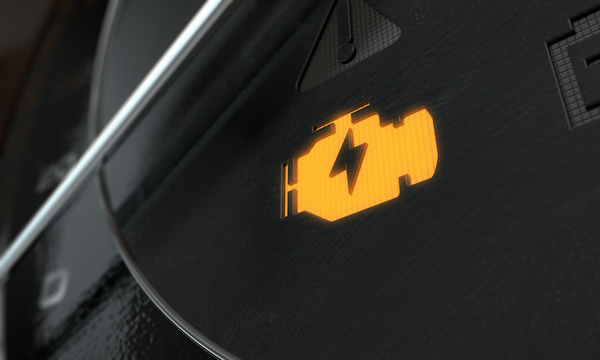
The moment that ominous "Check Engine" light illuminates on your dashboard, a wave of uncertainty may wash over you. Is it a minor glitch or a serious issue? How long can you drive before taking action? While it's natural to have these questions, it's crucial to address the check engine light promptly to ensure the health and longevity of your vehicle. The warning light serves as a warning system, indicating that your vehicle's onboard diagnostics have detected a potential issue with the engine, emissions, or other critical components. Ignoring this warning light could lead to more extensive damage and expensive repairs down the road. Immediate Action is Key As a general rule of thumb, it's recommended to take immediate action when the Check Engine light comes on. While your vehicle may still be operational, driving with a lit Check Engine light could exacerbate the underlying problem and even result in reduced fuel efficiency or performance ... read more
Posted on 7/30/2023
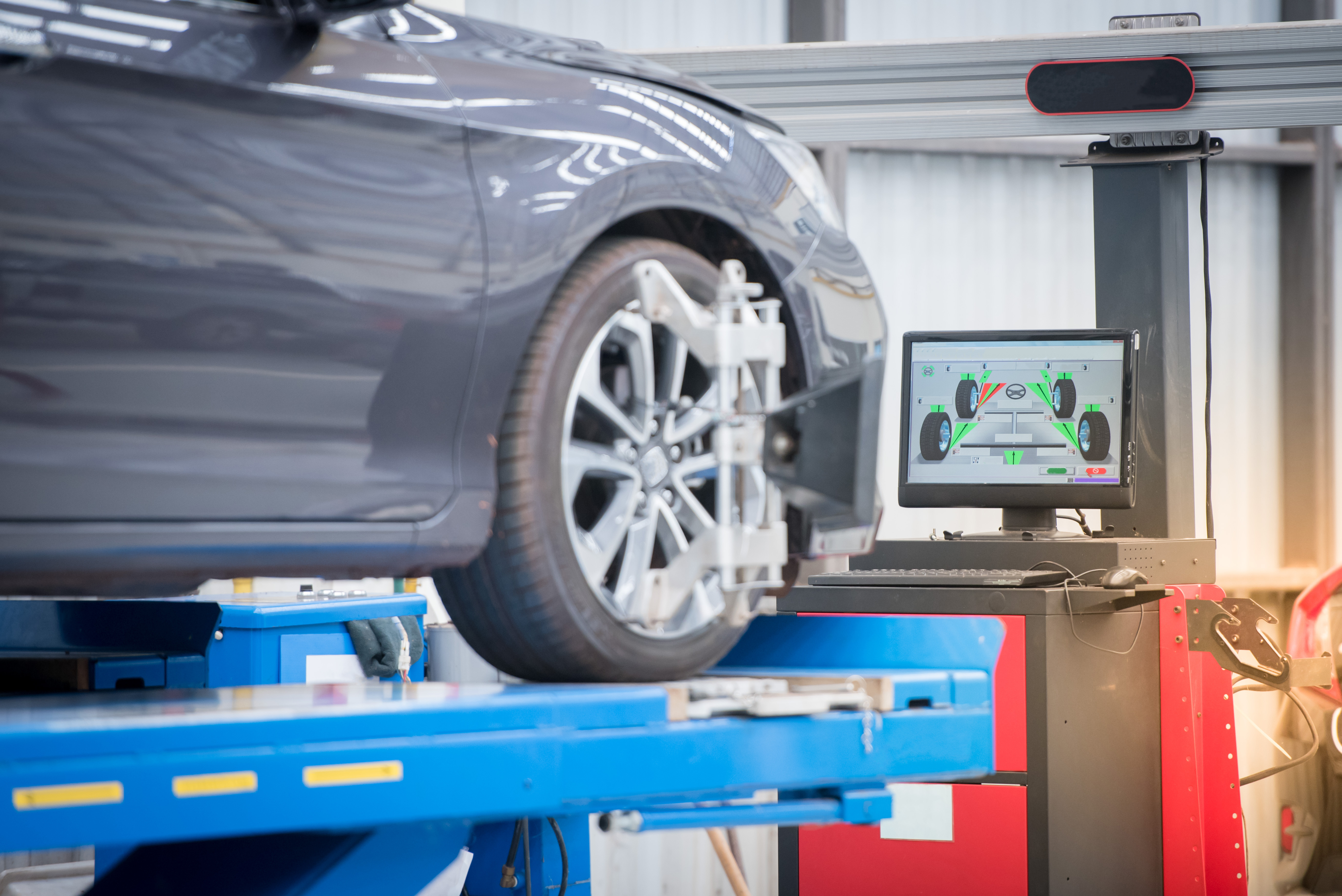
Imagine your car as a synchronized dance between the body and the wheels, gracefully propelling you forward. But chaos can ensue when the delicate balance of wheel alignment is disturbed. Driving with misaligned wheels wreaks havoc on your vehicle's suspension system and tire wear and jeopardizes your safety on the road. Get to know why it's crucial to schedule an alignment check promptly if you suspect any issues. Uneven Tire Wear In a vehicle with proper alignment, all tires should exhibit uniform wear in consistent areas. While tire replacement is inevitable, maintaining good alignment can significantly extend their lifespan. When tires endure uneven wear along the edges or in vulnerable areas, they can shred and severely damage wheel components. This goes beyond a gradual air leak—it presents a sudden failure that can occur at high speeds, resulting in potentially dangerous accidents. Poor Fuel Economy As your vehicle strives harder to remain on track and maintain ... read more
Posted on 6/30/2023
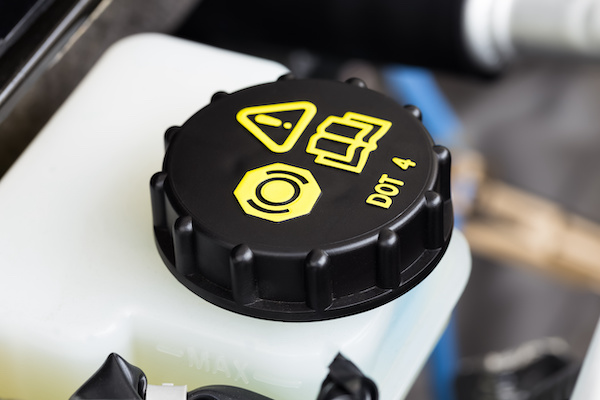
Pressing down on the brake pedal only to have it sink to the floorboard and your vehicle not coming to a complete stop is one of the scariest things that can happen while driving. But this is what can happen if brake fluid levels are too low and you ignore the brake fluid warning light on your dashboard. When the brake fluid level in your vehicle is below what the manufacturer recommends, it can cause air to fill the gaps in your brake lines, which, in turn, causes the brakes to become soft and spongy. The longer someone drives their vehicle with low brake fluid, the more likely they are to be in an accident. Additional Signs of Low Brake Fluid A glowing brake fluid warning light and soft, spongy brakes are some of the more obvious signs of low brake fluid, but they are not the only ones. Additional signs can include: Grinding or squealing noises - When brake fluid levels get too low, it can damage several critical ... read more
Posted on 5/30/2023
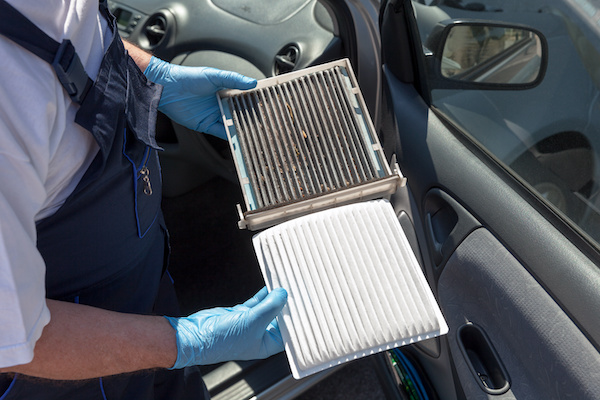
Your automobile's cabin air filter is a necessary part of the HVAC system that helps keep the air inside your vehicle clean and free of pollutants. Over time, the cabin air filter can have too much dust, dirt, and other contaminants clinging to it. As a result, you may notice reduced airflow and even poor air quality. What is a Cabin Air Filter? A cabin air filter is a device that is installed to sift out the impurities in the air that enters your vehicle's cabin through the heating, ventilation, and air conditioning system. The filter is typically found behind the glove compartment or under the dashboard and removes dust, pollen, and other pollutants that can cause a disturbance. How Often Should You Change Your Cabin Air Filter? The frequency at which you should replace your cabin air filter depends on various factors, including driving conditions, the environment, and the type of ... read more
Posted on 4/28/2023
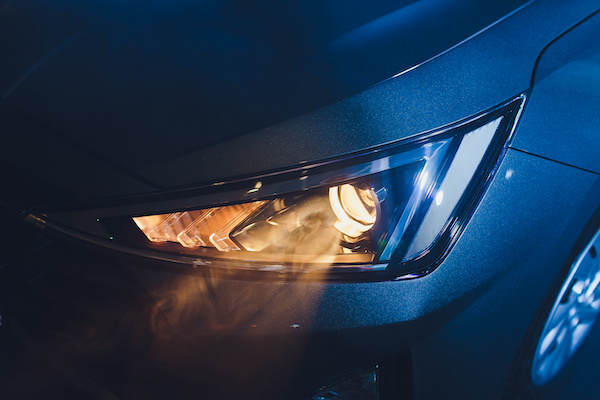
Are you considering upgrading your headlights? If so, you may want to consider switching to LED bulbs. LED headlights offer several benefits over traditional halogen bulbs, including increased brightness and energy efficiency. Here are some of the top benefits of LED bulbs for headlights: Increased Brightness LED headlights are significantly brighter than the old-school halogen bulbs. This is because LED bulbs produce a more focused and intense light. LED bulbs can produce up to 30,000 lumens of brightness, which is several times brighter than halogen bulbs. Longer Lifespan LED bulbs have a much longer lifespan than halogen bulbs. While halogen bulbs typically last between 450 and 1,000 hours, LED bulbs can last up to 25,000 hours. This means that you won't have to replace your headlights as frequently, saving you time and money in the long run. Energy Efficiency LED bulbs are much more energy-efficient than halogen bulbs. LED bulbs use 80% less energy than halogen bulbs, so ... read more
Posted on 3/30/2023
.jpeg)
Spring is finally here, and it's time to consider your vehicle's maintenance needs. After a long winter, your car may need some extra TLC to ensure it's running smoothly and efficiently. Here are some essential spring maintenance tasks you should consider: Change Your Oil and Oil Filter Your engine oil helps to lubricate and protect your engine's moving parts, keeping them running smoothly. Over time, oil can become dirty and contaminated, reducing its effectiveness. Spring is an excellent time to change your oil and oil filter, ensuring your engine is protected and running efficiently. Check Your Tires Winter can be tough on your tires, so you should check to see if they are still in good condition after. Inspect your tires for signs of wear and tear, including cracks, bulges, and punctures. You should also check your tire pressure and ensure it matches the recommended level in your vehicle's owner's manual. Proper tire maintenance can help improve your ve ... read more